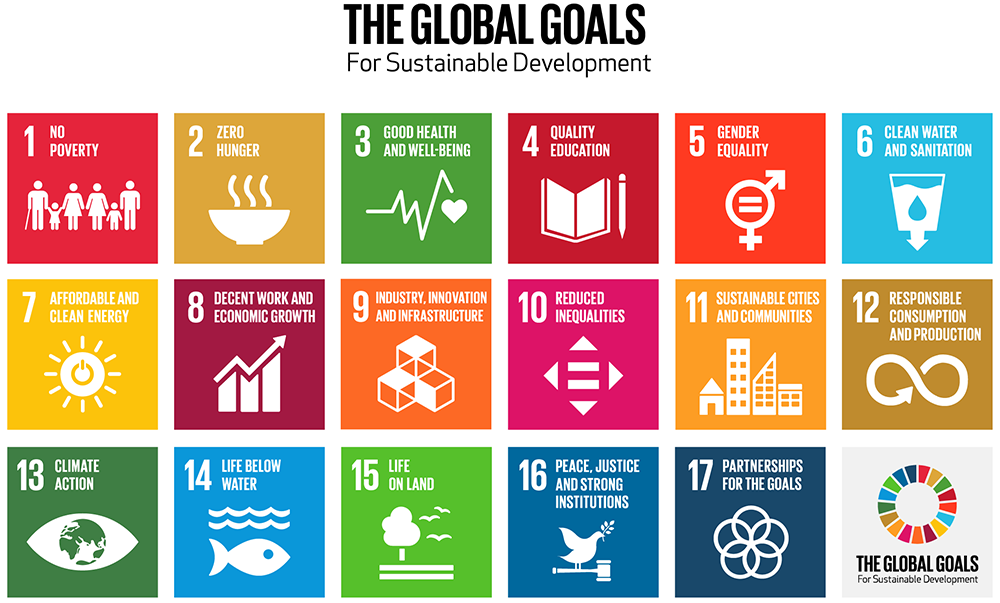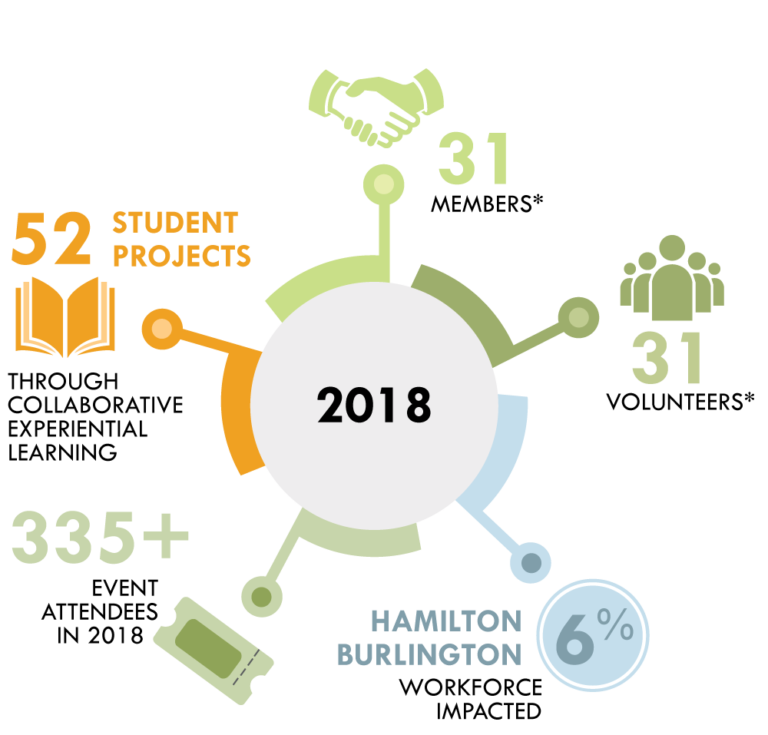
New Approaches To Sustainability Reporting
An obvious place to start is the formatting for the report you are reading right now. Sustainability reporting continues to evolve to become more effective at communicating important issues to the right stakeholders in a timely manner. This has led to a movement away from lengthy PDF reports and towards digital, online reporting. Best-in-class companies are also utilizing digital advancements in automation and internet of things to deliver sustainability information in real-time. Big companies’ need for information on their indirect impacts (a.k.a. scope three) is driving better data availability all throughout the supply chain.
This change from once-annual reporting on the past year to reporting that can be constantly updated allows all stakeholders to make more informed decisions.
More than ever, people access company information through their devices and on digital channels such as email, social media, and websites. A broader audience is accessing corporate sustainability information as the appetite for corporate action on issues of human rights, plastic pollution and climate change keeps growing. Not only does digital reporting reach a broader audience, it also allows for more creative storytelling using varied forms of media such as videos, gifs, and external links.
For these reasons, starting in 2019 we are focusing on digital reporting starting with our own business report. This year it will be available as a website with a condensed printed/PDF version available for physical distribution. In addition to being more social and digitally accessible, we will be using 1/3rd of the resources per report and printing fewer reports, which means our use of ink and paper will reduce. This experience will help us to share our findings and the tools and resources we pick up along the way, like the GRI Digital Reporting Tool, with our Sustainable Business Initiative members.
2018 To 2019 Events Season
The 2018 and 2019 Events Season encompassed a broad mix of events for SHB. From the relatively informal, casual February Pub Social (and a big thank you to Shawn and Ed Brewery for the use of their space!) to the brand new, and very successful Sustainable Business Expo – an event that became an immediate tradition in the organization.
We also worked to support our community partners as one of the co-presenters of the March 2019 Cities In Action: Bay Area Climate Change Summit.

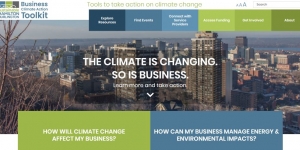
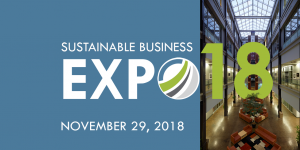
The Sustainable Business Expo 2018


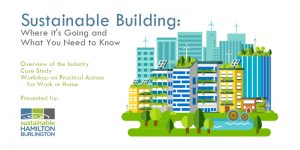
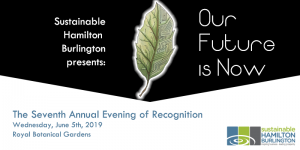
Collaborative Experiential Learning (CEL)
The business leaders of tomorrow need a sustainability education that goes beyond the classroom. That’s why every year, we help provide opportunities to students enrolled in programs at McMaster University and Mohawk College with an environmental focus, by connecting them with local businesses and institutions with a sustainability-related challenge.
In 2018, we connected 52 students with experiential learning projects. Some examples of their work include:
McMaster University:
- City of Burlington Recreational Facilities Energy Audit
- Precious Plastics Machine at Green Venture’s EcoHouse
- Rewiring to Green: Preparing Kindertown Daycare for Sustainability
Mohawk College:
- Seedworks Waste Audit
- Waste Diversion
- GHG Baseline Inventory and Tracking Sheet
We are excited to welcome a new addition to our lineup of participating programs – Redeemer University College will be offering CEL students starting in the Fall of 2019!
Since partnering with the Centre for Climate Change Management at Mohawk College, we have toured the Energy & Power Innovation Centre and learned about its sophisticated applied research program focused on clean energy and power storage. Industrial and utility partners can apply for student co-op and research positions.
Whether you are a company with a sustainability-related project, or a student with a desire to grow skills in this area, we encourage you to reach to us and enquire about our available opportunities. We connect businesses, institutions, and post-grad students at various points throughout the year depending on the required skill set and project scope.



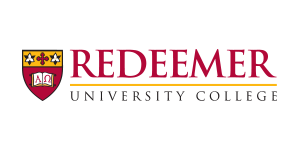
Business Climate Action Toolkit (BCAT)
The Business Climate Action Toolkit (BCAT) was launched in September of 2018. Since then, the BCAT’s Sustainability Service Directory has grown to include 41 businesses specializing in services such as waste management, onsite energy production and storage, and green cleaning and landscaping. This directory has provided our SBI members, and the community at large with connections to the products and services they need to carry out their sustainability plans. It also inspired us to develop a tradeshow-style event to facilitate sustainable business to business connections – we held our first Sustainable Business Expo in November.
The BCAT is a free, online resource-hub for businesses committed to taking action on climate change. Everyone is encouraged to submit helpful resources, and company and event listings.
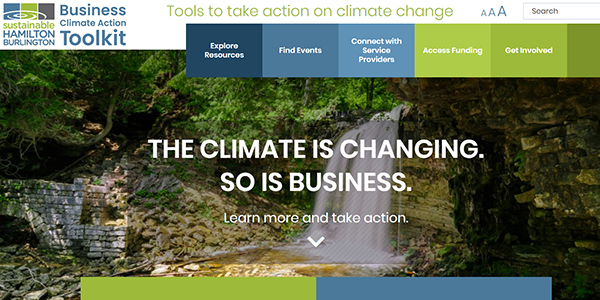
Sustainable Hamilton Burlington Partnerships
GREEN ECONOMY CANADA
Sustainable Hamilton Burlington is part of a network of organizations supporting and enabling business leaders known as Green Economy Canada. We support each other with resources and share standards of practice in order to amplify our collective impact.
Green Economy Canada went through a rebranding in 2018; it was formerly known as Sustainability CoLab. It also went through a change in leadership.
Its founder Mike Morrice, who also founded Sustainable Waterloo Region, is now running for a seat in Parliament with the Green Party of Ontario. The former Managing Director Priyanka Lloyd stepped in to the role of Executive Director. Prior to Green Economy Canada, Priyanka has held marketing and supply chain roles at Novartis Consumer Health and Frito-Lay respectively.
Looking to the future, GEC is expanding across Canada starting with Green Economy London which launched in May of 2019. Three hubs are expected to be launched thanks to a $250,000 investment from the Government of Canada.

BAY AREA CLIMATE CHANGE COUNCIL
In 2019 SHB’s Executive Director Kim Gutt joined the Bay Area Climate Change Council (BACCC), a collective impact initiative advancing climate change action in the Cities of Burlington and Hamilton.
By working together, the BACCC leverages collective expertise and public support to advocate for the adoption of local climate change actions at the community and municipal levels.
So far, the council has reviewed the results of a Bay Area Greenhouse Gas Inventory performed by Sustainable Solutions Group to see what actions would be required to transition to low-carbon communities (see this article in the Hamilton Spectator about the Bay Area GHG Inventory: The Bay Area GHG inventory results: getting to Zero Carbon by 2050). The council also consolidated the priority actions from the two cities Climate Action Plans. The result was the identification of 4 priority actions:
- Advocating for the adoption of progressive climate change policies
- Supporting deep energy retrofits for homes and residential buildings
- Advancing transportation strategies to reduce greenhouse gas emissions
- Collaborating on low carbon supply chain solutions to support access to local food and reduce waste throughout the food supply chain
The Bay Area Climate Change Council’s work was introduced to the public at the 2019 Bay Area Climate Change Summit. This three day Summit (plus an additional evening keynote and adjoining youth summit) featured speakers on all aspects of climate change – from the role of agriculture in Greenhouse Gas sequestering, to a chief economists perspective on carbon pricing, to local businesses illustrating the circular economy in action.
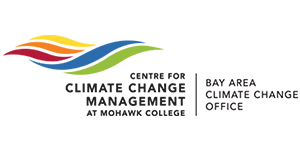


Sustainable Hamilton Burlington In The Community
HAMILTON INDUSTRIAL ENVIRONMENTAL ASSOCIATION
Since its establishment in 1997, Hamilton Industrial Environmental Association (HIEA) has been actively engaged in consultation with local communities, research organizations, academic institutions, governmental agencies and the public to advance the issues, concerns and, suggestions for improvements from the wider stakeholders. By taking this information HIEA has helped facilitate interaction among its member companies to develop long-term strategies for pollution management and waste reduction in a “circular economy”.
Each year, after reporting to the NPRI, HIEA member companies participate in a survey that tracks and reports on their key indicators. These numbers are then aggregated and prepared for our annual report which presents data from the previous years. Our 2018 annual report shows that together the HIEA member companies have invested almost $743 million on environmental capital improvement projects in the years between 1997 and 2017 which have a positive and lasting impact on the Hamilton community.
In those 22 years the HIEA companies have also paid approximately $670 million in municipal property taxes. Currently we occupy approximately 740 hectares of land to run our facilities. In 2017 these companies also provided over 7,000 direct manufacturing jobs as well as approximately 56,000 indirect jobs in Hamilton.
Hamilton is a prime example of a well developed, interdependent cluster or as we call it an “Industrial Ecosystem”. It was early industries like iron and steel, that provided the key reason for new businesses to locate in Hamilton. Clustering in close proximity to related industries helps to improve communications, technology synergies, increase productivity and innovation, link supply chains and encourage partnerships within the cluster. Clustering can also result in actions that have a direct, positive effect on the air quality in the city and are an added opportunity for industry to compliment its GHG reduction targets.
These and many other improvements over the years have had a very favourable impact on the local air quality – drastically reducing dust, diesel emissions and green house gases. HIEA members, while increasing production also continue to show an overall improving trend between 1997 and 2017 including:
for air
- 42% reduction in Greenhouse Gases;
- 73% reduction in Total Particulate Matter;
- 42% reduction in Nitrogen Oxides; and
- 86% reduction in Polycyclic Aromatic Hydrocarbons (PAHs)
and for water:
- 45% reduction in Bay water use.
- 54% reduction in City water use.
- 90% reduction in Suspended Solids discharged to the Harbour and over 82% reduction in Suspended Solids discharged to sanitary sewer for an overall 90% reduction.
The complete survey results can be found in our 2018 Report to the Community which is publicly available to the public on our website at – www.hiea.org
HIEA’s 12 member companies: including Air Liquide, ArcelorMittal Hamilton East, ArcelorMittal Dofasco, Birla Carbon, Bunge, Canadian Asphalt, Contanda, Lafarge, Rutgers, Sanimax, Stelco and Triple M Metals LP; also continue to participate in, and support, a number of local environmental and community initiatives including: Bay Area Restoration Council (BARC), Children’s Water Festival, Royal Botanical Gardens (RBG) Green Angels Program, McQuesten Urban Farm and others providing almost $1.5 M in community and educational support over the last 22 years.
Thank you to Karen Logan, HIEA Communications Coordinator, for this update
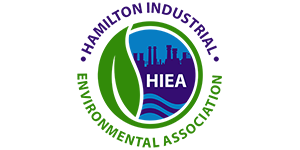
WASTE ENERGY RECOVERY ADVISORY PANEL
Sustainable Hamilton Burlington will be participating on an advisory panel to support a project from the Hamilton Chamber of Commerce to find opportunities within Hamilton’s Bayfront Industrial Area to divert and repurpose waste heat. This project, funded by The Atmospheric Fund (TAF) has the potential to drive greenhouse gas reductions and further develop Hamilton’s industrial ecosystem.
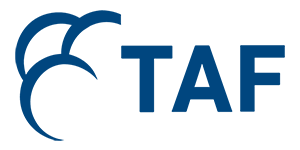
COMMUNITY ADVOCACY
Municipal Elections
Municipal Elections were held in October 2018 and Sustainable Hamilton Burlington advocated for balance between environmental, social and economic city priorities, particularly with regard to the Light Rail Transit (LRT) project in Hamilton. SHB was on side with the successful candidate Fred Eisenberger’s view that the transit project will support infrastructure improvements that our city needs to become more climate change resilient. The project will also improve property values, create jobs, and reduce transportation-related greenhouse gases.
In Burlington, Sustainable Hamilton Burlington welcomed a new Mayor, Marianne Meedward. We were pleased when she expressed her commitment to the Green Belt at the Mayor’s Lunch in December 2018 and demonstrated a rhetoric that balanced the three necessary pillars of sustainability – “We stand firm in our commitment to protecting our greenbelt from development and protecting our farm families and rural agricultural economy. We will also ensure our residents benefit from the protections in all the other pieces of legislation referred to in Bill 66. We will not be comprising their safety or quality of life for speed. I do not see Burlington using this legislation, if it is passed. At the same time, we’ll do everything we can to ensure Burlington is open for business.”
Roundtable With Minister McKenna
We were invited to an informal conversation with Minister of Environment and Climate Change, the Honourable Catherine McKenna, regarding sustainability initiatives in Hamilton. This discussion was facilitated by Keanin Loomis, President & CEO of the Hamilton Chamber of Commerce. We had the opportunity to express how Federal funding enables us to work with more Small to Medium-Sized businesses, representing over 90% of the Ontario economy, to become more resilient and competitive.
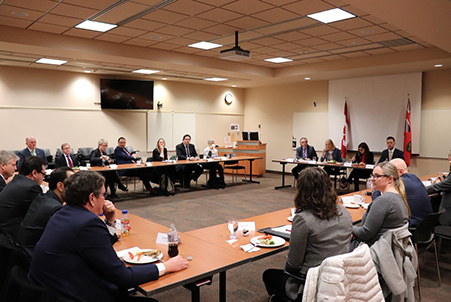
Climate Emergencies
Quebec, Vancouver, Ottawa, Kingston, and others. Nearly 30% of Canada’s population currently lives under a climate emergency. 594 jurisdictions in 13 countries at time of writing, see this website for an up to date list.
climateemergencydeclaration.org
The prevalence of these motions across Canada demonstrate a growing consensus amongst local leaders that climate change mitigation and adaptation need to be among the highest priorities for decision makers.
Looking Ahead
UNITED NATIONS SUSTAINABLE DEVELOPMENT GOALS
Over the past few years there has been a significant increase in companies using the United Nations Sustainable Development Goals (SDGs) to inform their sustainability decision-making.
The SDGs provide a framework for collaboration on the world’s biggest threats and challenges, empowering businesses, politicians, communities and institutions to contribute their core competencies towards a shared common good.
According to Ernst and Young, “Contributing to the SDGs is a way to create shared value for all stakeholders and therefore businesses will be a strong driving force to galvanize stakeholders around a common shared outcome. When companies focus on a purpose that is rooted in creating value for others, improving the world we live in and inspiring the organization at all levels, they may increase their ability to drive profits and create sustainable value.”
Sustainable Hamilton Burlington polled Sustainable Business Initiative Members and found a strong interest in learning the use-cases for SDGs and how they are applied to sustainability reporting. In response, we will be by developing white papers and learning events for 2019 to guide our members in using the SDGs and identifying the Goals that are closely tied to our communities.







